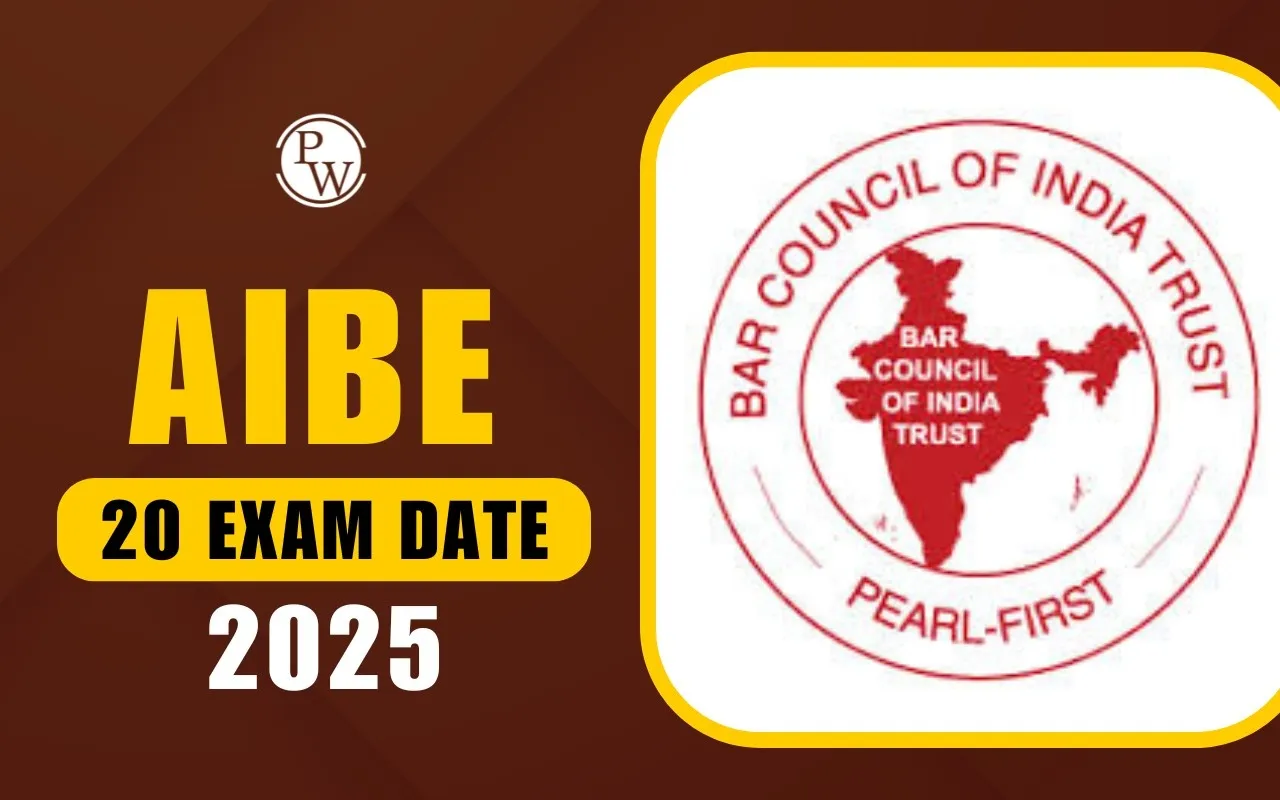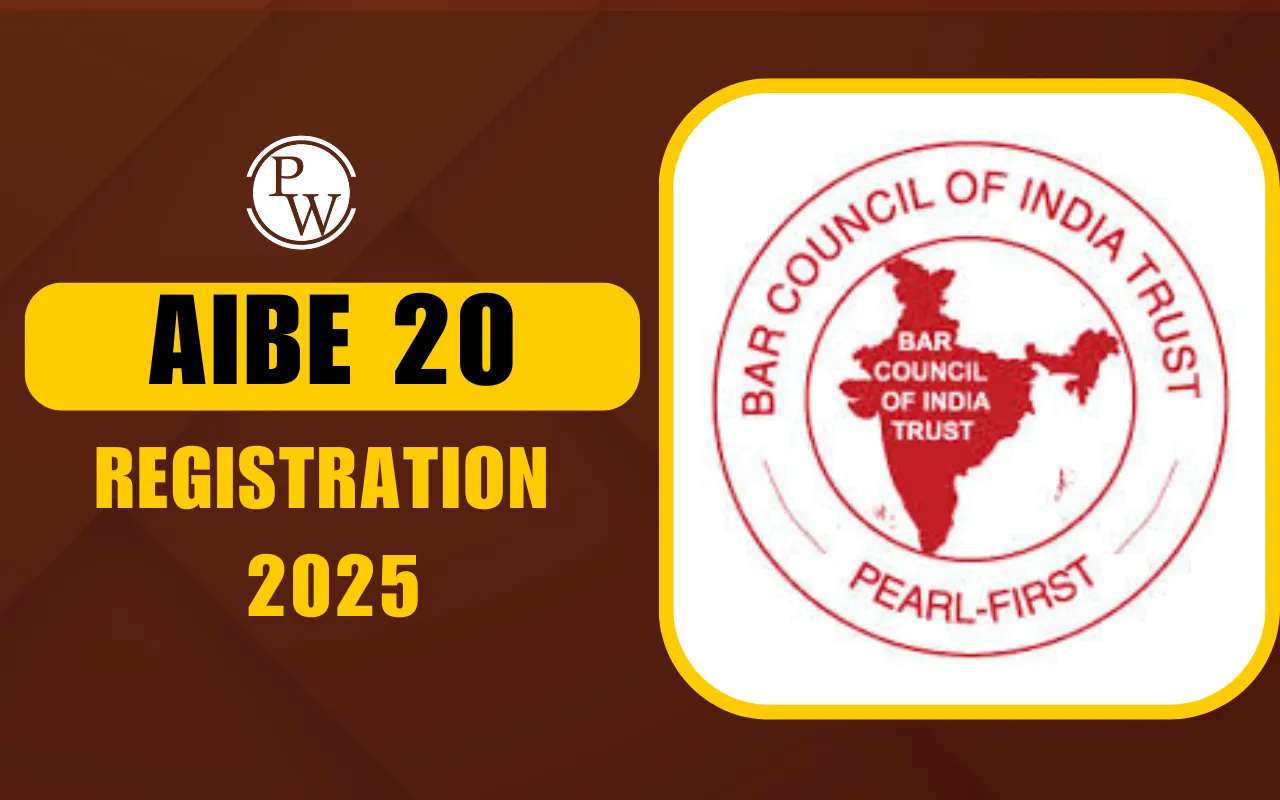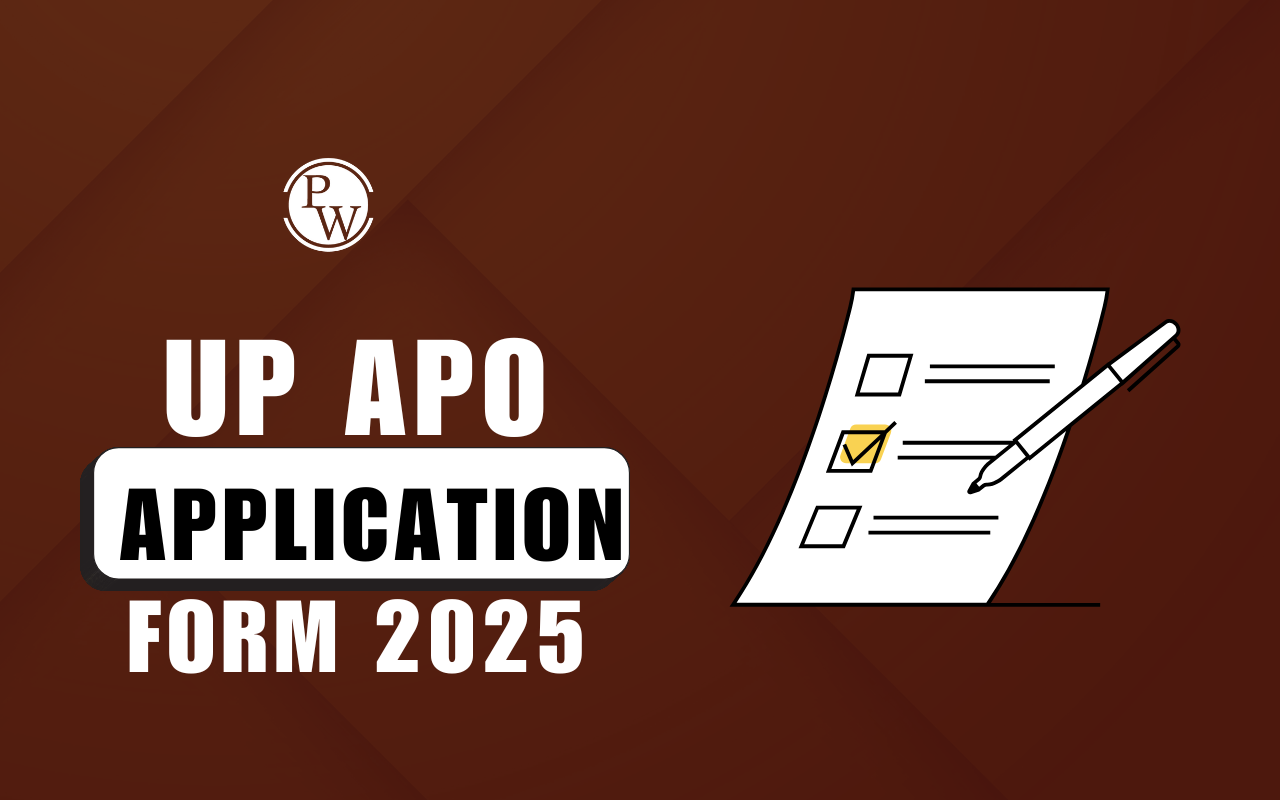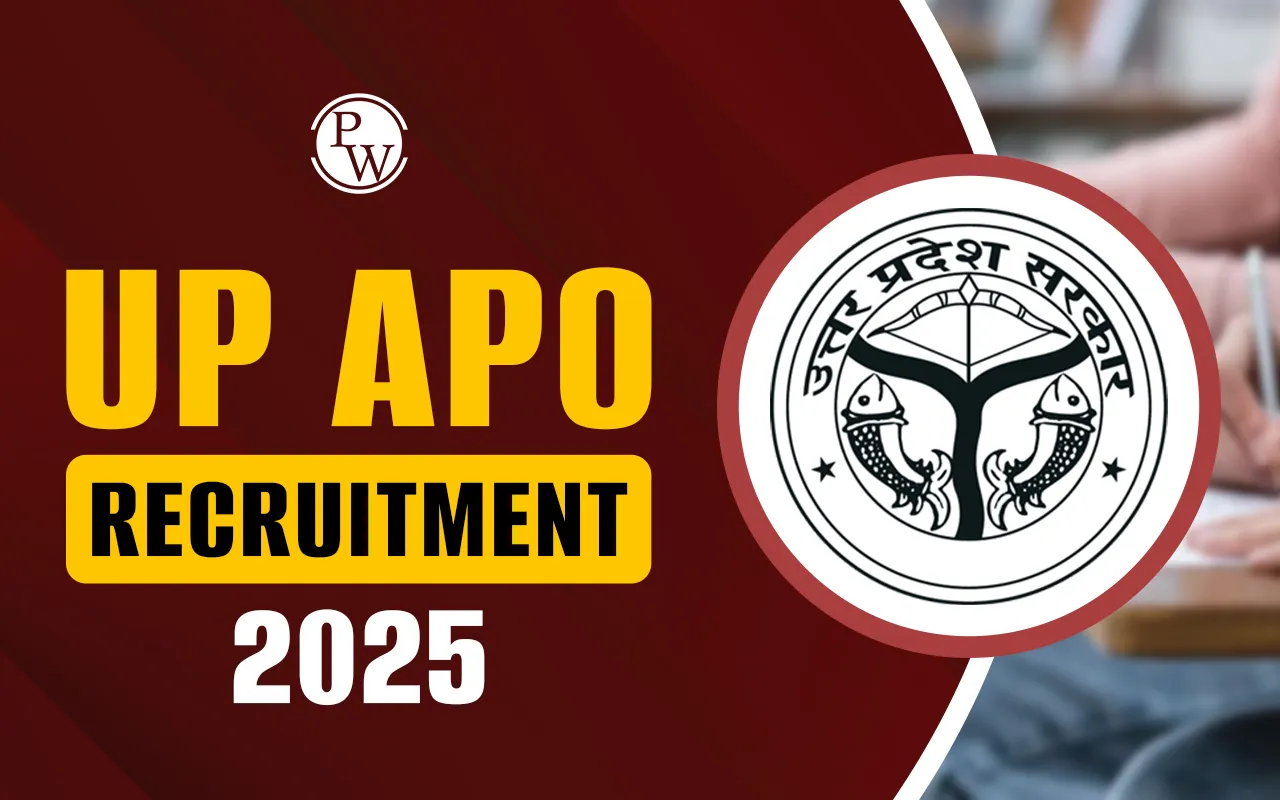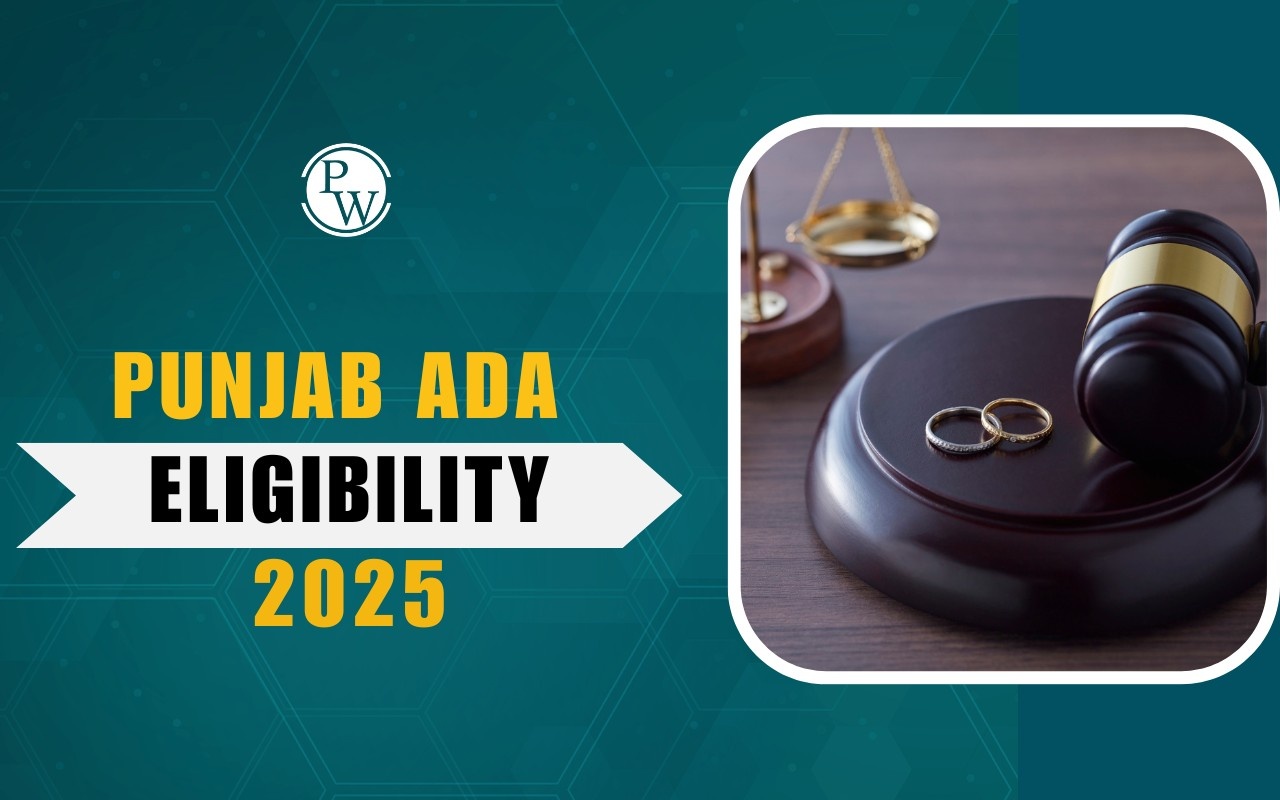
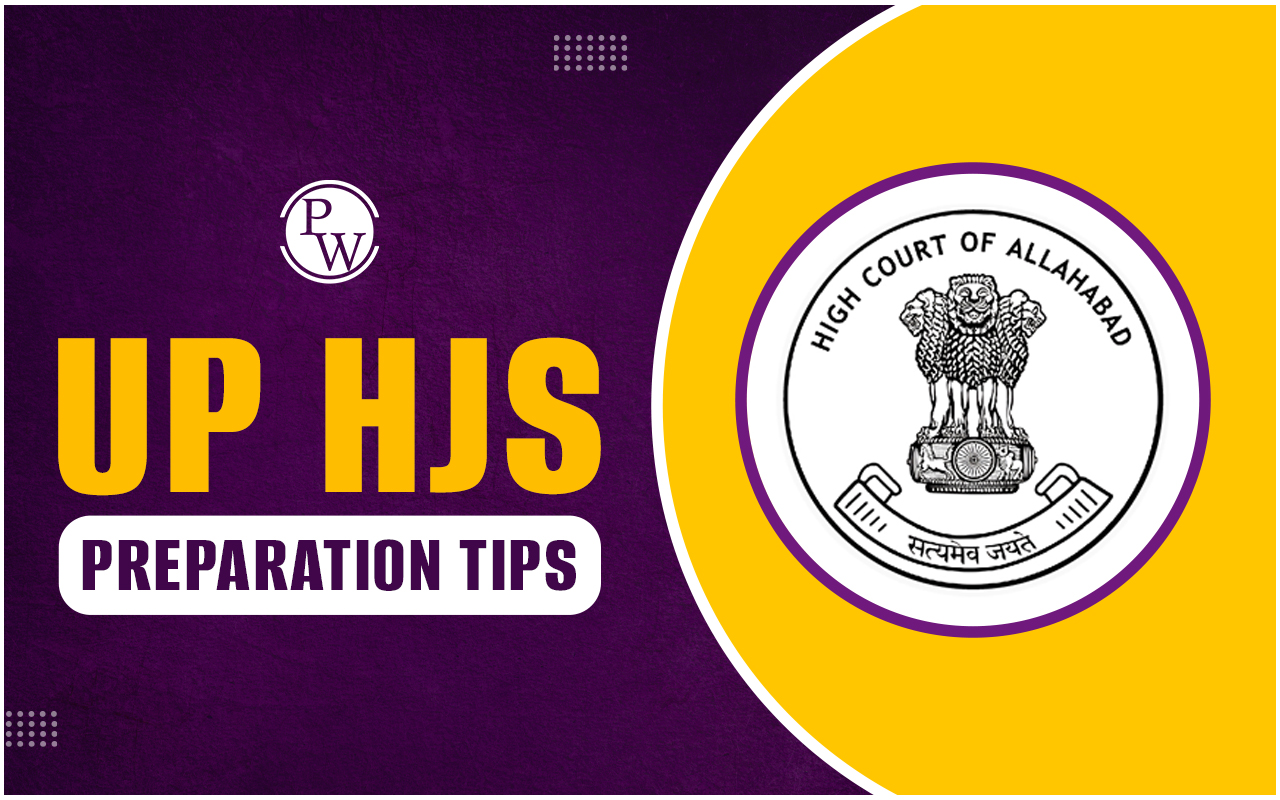
UP HJS Preparation Tips 2025: The Uttar Pradesh Higher Judicial Service (UP HJS) Exam is one of the most challenging judicial examinations in India. It demands a strong understanding of legal concepts, a substantial command of general knowledge, and excellent writing and analytical skills. This guidepost provides a comprehensive overview of UP HJS Preparation Tips to help you qualify for this prestigious examination. Whether you're preparing for Prelims, Mains, or the Interview, this guide is designed to streamline your efforts.
UP HJS Preparation Tips 2025 Overview
The UP HJS Exam is divided into three critical stages: Preliminary Examination, Main Examination, and Interview. Each stage tests different skills and knowledge areas, which makes it essential for aspirants to have a clear understanding of the requirements at every level. Success requires a balanced approach that combines conceptual clarity, time management, and consistent practice.
This section provides an overview of UP HJS Preparation Tips to help you strategize effectively for the exam. By breaking down the preparation process, you can ensure a structured and comprehensive approach.How to Prepare for the UP HJS Exam 2025?
Preparing for the UP HJS Exam requires a well-rounded approach that combines theoretical understanding, practical application, and strategic revision. Before understanding specifics, it's crucial to familiarize yourself with the exam pattern and syllabus. This foundation will guide your preparation and help you focus on relevant topics. Here are the key steps to follow while preparing for the UP HJS Exam:
1. Understand the Syllabus and Exam Pattern
The first step is to thoroughly review the syllabus for all three stages of the exam. The syllabus emphasizes legal subjects like the Indian Penal Code, Civil Procedure Code, and Evidence Act, alongside General Knowledge and essay writing.
| UP HJS Syllabus 2024 And Exam Pattern |
| Click Here |
2. Choose Quality Study Material
Opt for standard books and reference materials for each subject. Reliable resources such as M.P. Jain for constitutional law and bare acts for core laws are necessary for this preparation.
| Physics Wallah Recommended Books |
| Click Here |
3. Time Management
Create a daily study schedule that allocates time to each subject and ensures consistent revision. Effective time management helps you cover the syllabus without last-minute stress.4. Practice Regularly
Regular practice, including solving UP HJS previous years papers and attempting mock tests, is critical for building accuracy and confidence.UP HJS Preparation Tips 2025 for Prelims & Mains
The Preliminary and Main Examinations form the backbone of the UP HJS selection process. Both stages demand distinct preparation strategies. While Prelims focus on speed and conceptual clarity, Mains test your analytical and descriptive skills.Preliminary Examination
The Prelims stage primarily evaluates your understanding of legal and general knowledge concepts. Here are a few tips that will help to qualify:- Focus on Speed and Accuracy Develop the habit of solving questions quickly without compromising accuracy. Practice mock tests daily to identify weak areas.
- Study Current Affairs Keep up with daily legal current affairs and read newspapers like The Hindu to strengthen your General Knowledge section. Focus on events with legal and social significance.
- Revise Bare Acts The legal section in Prelims often emphasizes bare acts. Highlight and memorize key provisions for quick recall during the exam.
Main Examination
The Main Examination tests your ability to articulate legal concepts, analyze cases, and present coherent arguments. Follow these tips to perform well:- Master Answer Writing Practice structured answer writing regularly. Divide answers into clear sections with an introduction, body, and conclusion to improve the presentation.
- Judgment Writing Study sample judgments to familiarize yourself with the expected tone and structure. Practice drafting judgments for hypothetical scenarios to refine this skill.
- Essay Writing Work on essays about contemporary legal and socio-economic topics. Support your points with case laws, statistics, and relevant examples.
UP HJS Preparation Tips 2025 for Interview
The Interview stage is your opportunity to showcase your personality, legal acumen, and situational judgment. A well-prepared candidate can qualify by demonstrating confidence and clarity.- Legal Knowledge Be thorough with constitutional provisions, landmark judgments, and procedural laws. You may face scenario-based questions that require practical application of your knowledge.
- Current Affairs Stay updated on recent legal developments, amendments, and socio-political issues. These topics often form the crux of interview discussions.
- Presentation and Confidence Your behaviour and communication skills matter. Dress formally, maintain good posture, and answer questions confidently and concisely.
Study Plan for UP HJS Preparation Tips 2025
A structured study plan is essential for covering the syllabus effectively while ensuring sufficient time for revision. Here’s a suggested study plan to guide your preparation:Phase 1: Initial Preparation (Months 1-3)
- Focus on building a strong foundation in legal subjects.
- Dedicate 2 hours daily to General Knowledge and Current Affairs.
- Practice writing one judgment or essay weekly to develop writing skills.
Phase 2: Advanced Preparation (Months 4-6)
- Move on to the advanced topics and local laws.
- Increase the frequency of mock tests to improve speed and accuracy.
- Begin preparing for the interview by participating in group discussions.
Phase 3: Revision and Mock Tests (Last Month)
- Prioritize revising key concepts, provisions, and notes.
- Attempt full-length tests under timed conditions to simulate the exam environment.
Do’s & Don’ts for UP HJS Exam 2025
Maintaining a disciplined approach is necessary for success in the UP HJS Exam. Below are some essential do’s and don’ts to guide your preparation:Do’s
- Follow a structured and consistent study schedule.
- Focus on conceptual clarity and practice application-based questions.
- Stay updated with current affairs and legal developments.
Don’ts
- Avoid procrastination and cramming at the last minute.
- Do not ignore mock tests; they are vital for identifying weaknesses.
- Avoid over-reliance on coaching; self-study and practice are equally important.
The UP HJS Exam demands dedication, strategic planning, and consistent effort. By following these UP HJS Preparation Tips, you can create a focused approach for each stage of the exam. From mastering answer writing for Mains to staying confident during the Interview, every step of preparation plays a significant role in your success.
UP HJS Preparation Tips FAQs
Q1. What is the importance of UP HJS Preparation Tips for Prelims & Mains?
Q2. How do I create a Study Plan for UP HJS Preparation Tips?
Q3. What are the Do’s & Don’ts for the UP HJS Exam?
Q4. How can UP HJS Preparation Tips for Interviews boost my performance?
Q5. Why is mastering answer writing essential in UP HJS Preparation Tips?




